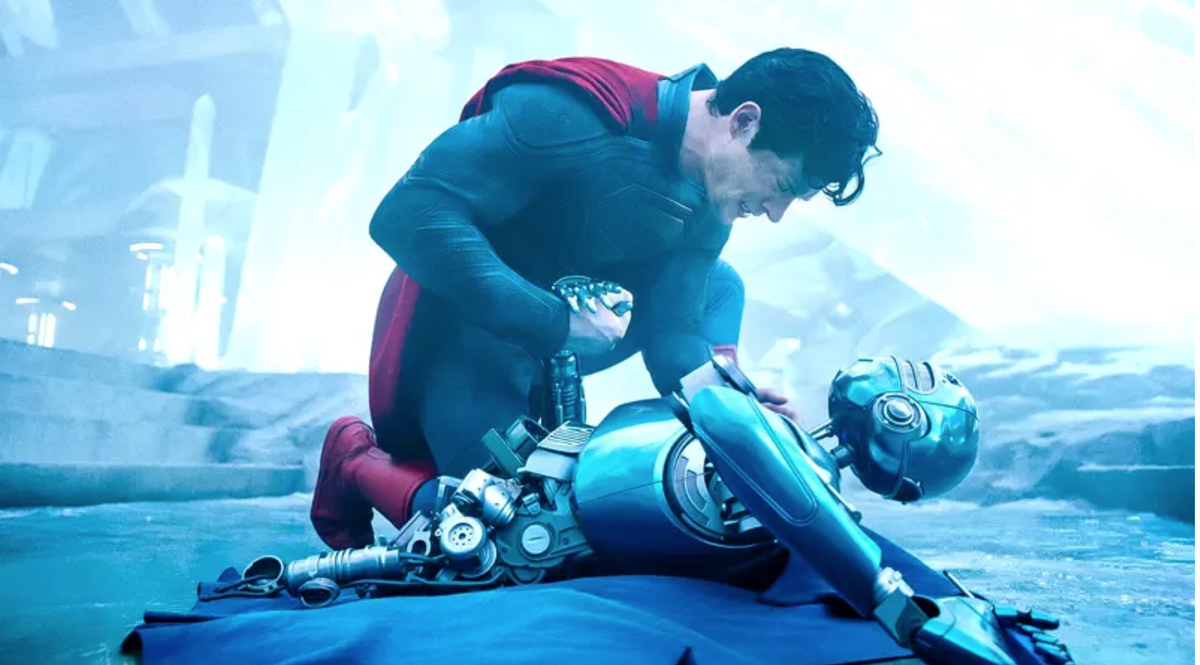In a nutshell: OpenAI is still working on ChatGPT-5, the next generation of the company’s multimodal large language model, but the project is reportedly struggling. Not only is ChatGPT-5 behind schedule after failing to launch this year, it’s also costing the company a fortune.
It was reported back in March that ChatGPT-5, which will supposedly offer plenty of enhanced, additional features over the current GPT-4o model, was being trained by OpenAI and set to launch soon.
The end of the year is just over a week away, but there’s still no sight of the next-gen version of ChatGPT. The Wall Street Journal has shed some light on why.
GPT-5, codenamed Project Orion, has been in development for 18 months at Sam Altman’s firm. Microsoft, OpenAI’s biggest investor, expected it to be released in mid-2024.
The WSJ’s sources say OpenAI has already conducted at least two training runs designed to improve the model by training it with huge quantities of data.
Those training runs have not gone too well, according to people close to the project. The initial run was said to be slower than expected, suggesting a larger full-scale training run would take an incredibly long time, pushing up the costs even further. It was concluded that more diverse, high-quality training data was neededs as the public internet didn’t have enough to make GPT-5 noticeably “smarter” than its predecessor.
One solution OpenAI is trying is hiring people to write fresh code or solve math problems for Orion to learn from, essentially creating training data from scratch. It’s a slow process: GPT-4 was trained on an estimated 13 trillion tokens. A thousand people writing 5,000 words per day would take months to produce a billion tokens.
OpenAI has also started developing synthetic data – data created by its current AI models – to train Orion. We’ve previously heard warnings about the sort of nonsensical garbage these AI feedback loops can create, though OpenAI believes the problems can be avoided by using data created by o1.

The internal turmoil at the company hasn’t helped matters. CEO Altman was ousted before quickly returning in late 2023, and more than two dozen key executives have left OpenAI this year. Altman previously blamed the release of o1 for GPT-5’s delay.
The billions of dollars being spent on all things AI-related continues to climb higher – investment that has yet to result in equal returns. OpenAI knows it needs to justify the expense of ChatGPT-5 by ensuring the model is a marked improvement over what came before, something that is proving more difficult as the internet’s training data is being used up.







Leave a Comment